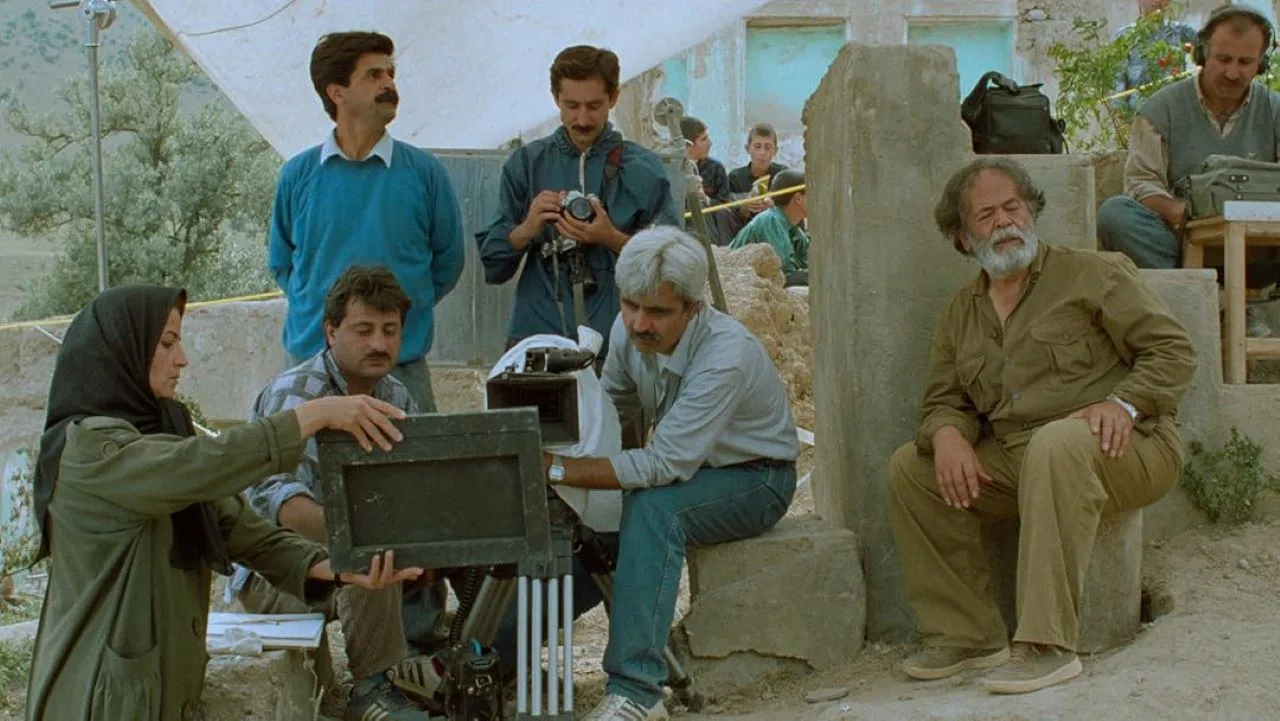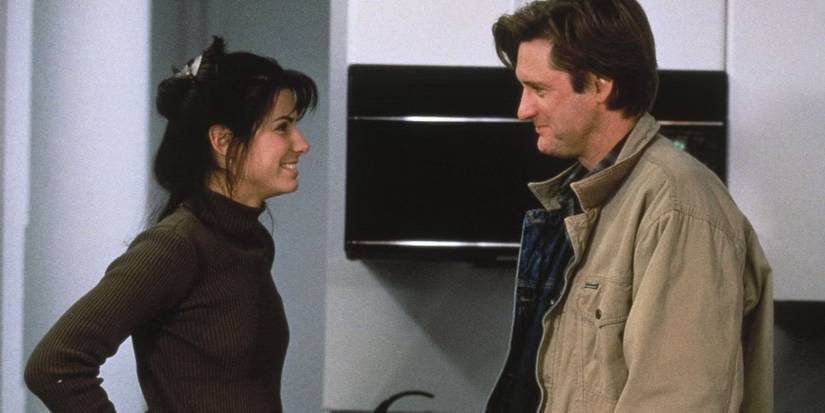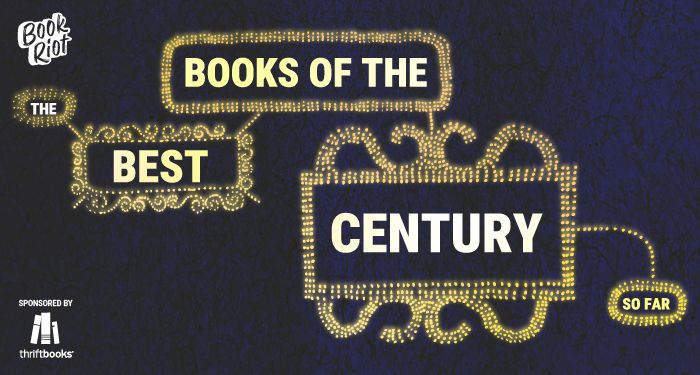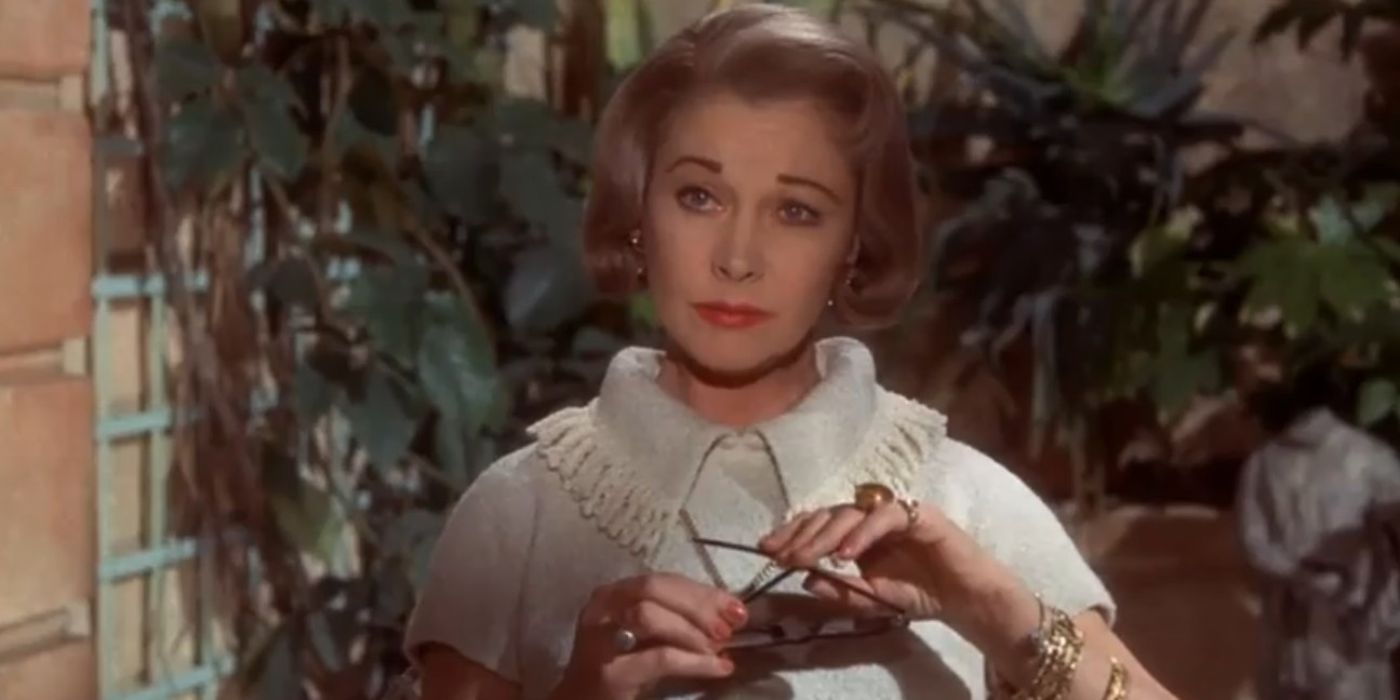[ad_1]
An example of how adjusting the composition of a corporate board can produce immediate benefit to shareholders was on display recently when Vince McMahon engineered his return to the WWE board of directors as the company is reported to be negotiating a new media rights deal or potential sale. While the circumstances were not ideal, it has amounted to a type of “board refreshment” for WWE, giving the company an opportunity to forge a brighter future.
McMahon had retired as CEO of WWE in July after allegations that he had sexual relationships with employees and paid the women millions as part of severance packages surfaced. However, after hearing about the board’s potential efforts to negotiate new media rights or a sale, he used his WWE Class-B shares that give him majority voting power to elect himself and former co-presidents and directors Michelle Wilson and George Barrios to the board.
In a press release McMahon argued, “The only way for WWE to fully capitalize on this opportunity is for me to return as Executive Chairman and support the management team in the negotiations for our media rights and to combine that with a review of strategic alternatives. My return will allow WWE, as well as any transaction counterparties, to engage in these processes knowing they will have the support of the controlling shareholder.”
While McMahon’s return raises ethical questions, there was no question how the markets felt about the move. WWE stock jumped nearly 17 percent the day McMahon’s return was announced. Shareholders either have more confidence that McMahon can negotiate a better media rights deal than the previous board or that they believe his return means a sale of the company is more likely.
The impact of McMahon’s return on WWE’s stock price demonstrates why board composition matters. While he may be personally detestable to some because of past controversies, McMahon’s name and reputation carries weight in entertainment industry circles where the future of the company will likely be negotiated. Bad optics aside, apparently many shareholders have confidence that McMahon’s involvement will produce better financial outcomes for WWE.
Refresh The Board Before You’re Forced To
With McMahon’s return to the board, three of the previous directors were ousted and two others resigned, including McMahon’s daughter Stephanie, who served as chairwoman and Co-CEO with Nick Khan. Khan will now serve as CEO. While WWE’s board changeover was more like a takeover, the rationale for the change serves the same purpose as a traditional board refreshment – to create a board that can execute a strategic plan that benefits shareholders and stakeholders.
One takeaway from what happened at WWE is that boards should make sure they are not waiting until key negotiations are looming or major changes take place within their industry to consider making changes to the board. Boards should have a sense of when major decisions must be made. Timely board refreshment with directors who have skill sets that will give shareholders confidence that the board is prepared to make good decisions about the company’s future is required now more than ever. Boards shouldn’t be forced into refreshment by the shareholders.
Another takeaway from WWE’s board turnover is that in difficult times, boards may be called upon to put the interests of the shareholders above their own. This has to be understood by all directors as part of the board’s culture. After evaluating the situation and being approached by McMahon, the WWE board didn’t fight his return. They voted for the change even though that meant several of them would lose their positions. And yes, the WWE board had little choice because McMahon has the voting power to veto anything they would propose, but some of the directors could have made more of an argument to remain on the board given McMahon’s past. However, that would have been counterproductive.
No director wants to be ousted from their position but leaving a board can be beneficial to directors as well. They can refresh themselves and strengthen their resume as a director by joining another board where their experience can make a greater difference.
Now is as good a time as any for boards to consider a refreshment strategy. Boards don’t need to recruit a celebrity like Vince McMahon to impress shareholders. They just need to find well-respected executives with the right experience to assure the success of the strategic plans they’ve laid out for investors. Consider it succession planning for the board.
[ad_2]
Original Source Link

































































